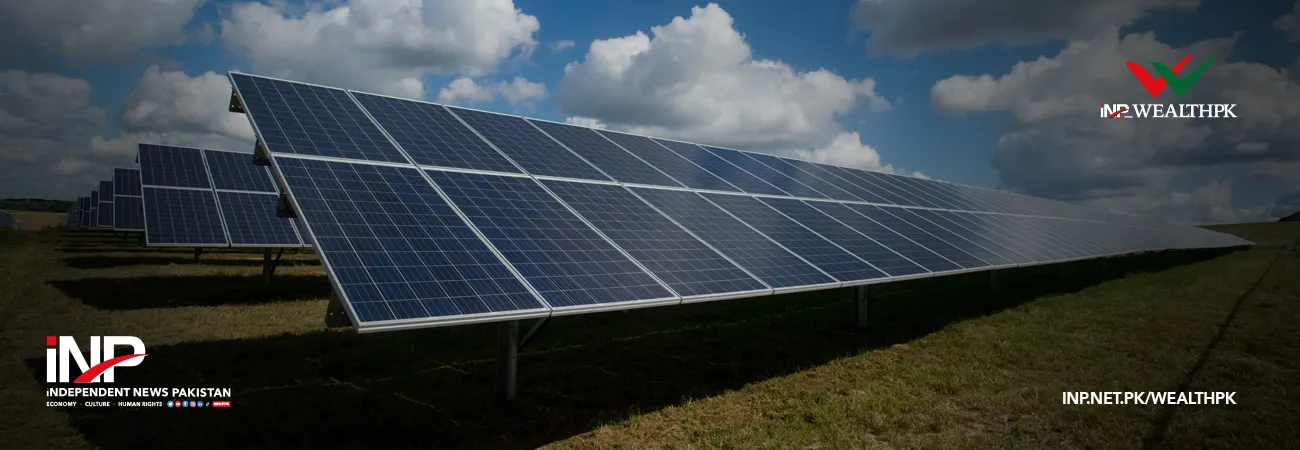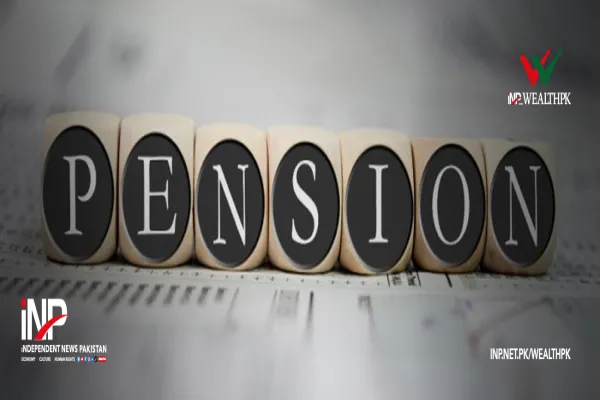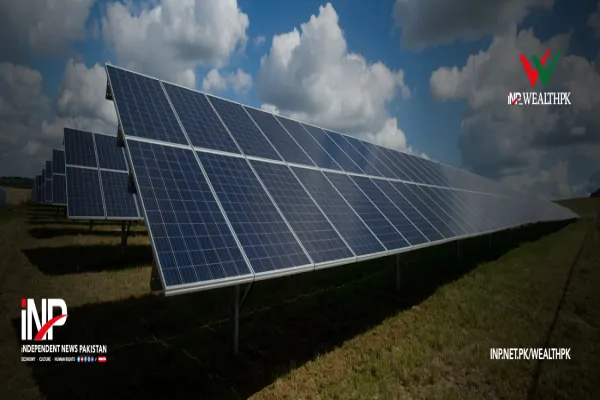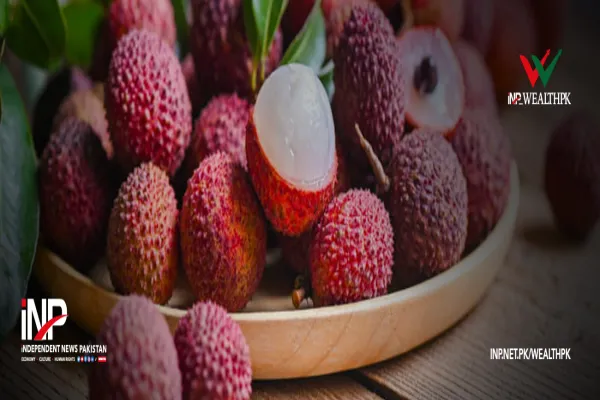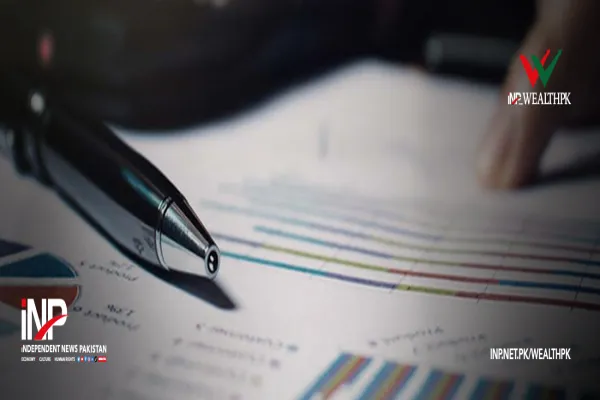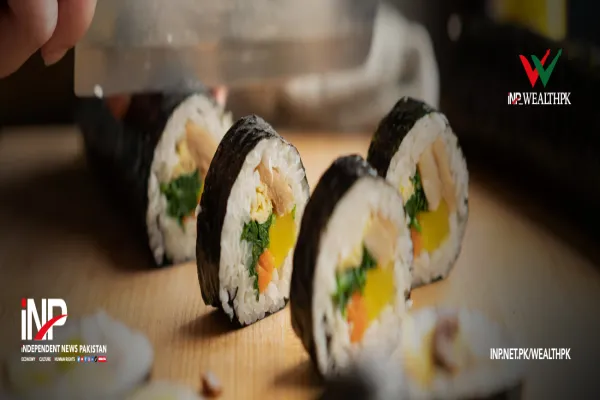i INP-WEALTHPK
Muhammad Luqman
Lahore’s iconic Hall Road — long considered the hub of electronics retail in Pakistan — has transformed into a thriving marketplace for solar-powered appliances. Shops now prominently showcase solar fans, solar lights, and other energy-efficient gadgets, reports WealthPK. Shops in the city’s other major electronics centers like Abid Market, Johar Town, and Township are also full of solar-powered cooling and heating appliances in addition to solar panels, inverters, and batteries.
The shift comes in response to a sharp increase in electricity tariffs and prolonged load-shedding across the South Asian country, which produces much of its electricity from imported fossil fuel. “Customers ask specifically for solar-compatible devices now,” said Shahzad Qureshi, the owner of a solar appliances company on Hall Road.
Talking to WealthPK, he said consumers now demand appliances like DC-only air conditioners, washing machines, and refrigerators that operate directly on 12V or 24V solar systems, eliminating dependence on expensive grid power and inverters. He said there is a viable increase in the overall sales of such solar appliances. This is primarily due to the drop in the prices of 12V solar panels i.e. 180 Watt and 340 Watt.
“This has allowed consumers to purchase one 12V solar panel, one charge controller, wire, and a solar fan. This setup can allow them to easily operate a 12-V fan and cooler,” he explained. Shahzad said that manufacturers, however, are cautious about solar-only cooling gadgets due to concerns around market size, performance consistency, and after-sales support. He admitted that while solar fans are gaining popularity as a sustainable alternative to electric fans, the replacement is not yet fast.
“Solar fans offer several advantages, including cost-effectiveness and environmental benefits, but they also have limitations like dependence on sunlight,” Shahzad Qureshi said. He said electric fans still remain the dominant choice due to their consistent performance and wider availability. Besides the increase in the sale of solar energy-powered appliances, more and more domestic consumers are installing solar energy systems at their homes to meet their lighting and cooling needs.
Resultantly, the rooftops in urban centers like Lahore, Karachi, Rawalpindi, Islamabad, and Faisalabad have begun to take on a distinctly bluish grey appearance due to the widespread installation of solar panels. This has raised the share of solar energy to an enviable level of 25 percent in the country’s energy mix, placing it among fewer than 20 nations globally that generate at least a quarter of their monthly power from solar farms.
However, the federal government has imposed a 10 percent General Sales Tax (GST) on imported solar panels in the Federal Budget 2025-26. According to the energy ministry, around 46% of components used in solar installations in Pakistan are imported, while the remaining 54%, including inverters and other equipment, are locally sourced and already subject to standard taxation.
Industry stakeholders and clean energy activists have warned that the added cost in tax could slow the rapid adoption of rooftop solar systems by households and businesses, potentially undermining the national targets for expanding the share of renewables in the country’s energy mix. “The zero-rated imported solar panels helped increase the share of solar energy to 25 percent in Pakistan’s energy mix, but taxation may reverse it,” feared Muhammad Farhan, former chairman of Pakistan Solar Association (PSA).
Talking to WealthPK, he said the government should withdraw the tax on solar panels so that the low-income segments of society could also benefit from the less expensive form of energy. He said the solar revolution in Pakistan has turned solar-powered appliances into a mainstream solution to the country’s skyrocketing energy prices.
Credit: INP-WealthPk


